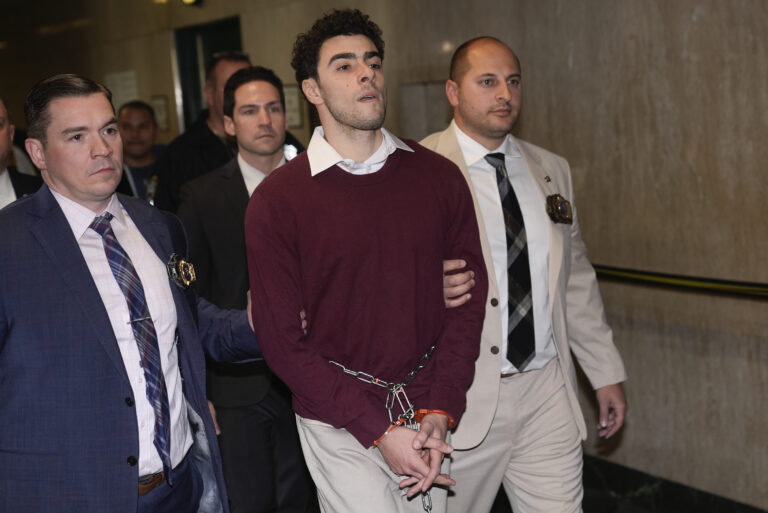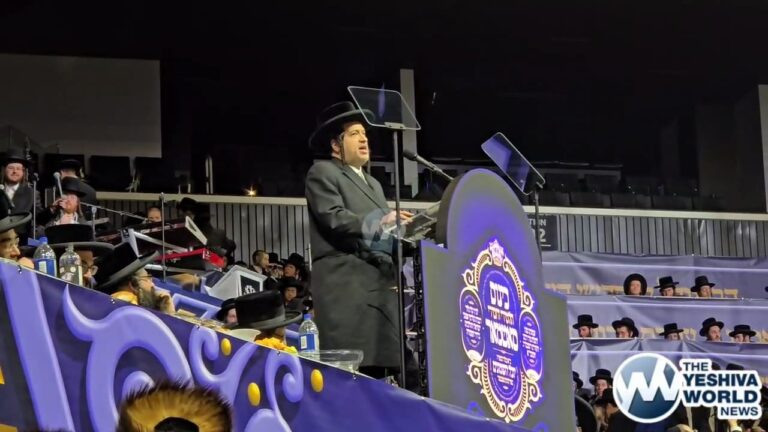 Cleveland has a virtual lock on the 2016 Republican National Convention, and Columbus is going after the Democratic one. If successful, it would be the first time that different cities in one state host both major presidential nominating conventions.
Cleveland has a virtual lock on the 2016 Republican National Convention, and Columbus is going after the Democratic one. If successful, it would be the first time that different cities in one state host both major presidential nominating conventions.
Highlighting the stakes, several Ohio Democrats are cautioning their party could cede a major political advantage — if not the presidency — if they allow Republicans to dominate the state’s convention spotlight.
“Ohio is a swing state, and it’s known for making presidents,” said Rep. Joyce Beatty, a co-chair of the state’s effort to host the Democratic convention. “When you engage with our voters, it allows you to be a front runner. We want to make certain to have the same competitive edge as Republicans.”
Columbus is among five cities competing for the Democratic event. It is the sole Ohio contender after Cleveland dropped its bid last month, having won the backing of a Republican National Committee panel to host that convention in 2016.
The advantages of hosting a political convention are significant. They bring in 50,000 visitors, provide a week of national media attention and generate up to $200 million for the local economy.
Democratic National Committee members will be in Columbus for two days starting Wednesday to review the city’s potential venues, hotels and transportation options for delegates, party activists and media. It plans to complete visits of the other four cities in contention — Birmingham, Alabama; Brooklyn, New York, Philadelphia and Phoenix — in September before making a final decision by early next year.
Current and former DNC officials stress that a city must meet the technical requirements — more than $50 million in fundraising, ample hotel rooms, local transportation and cooperative weather — before factors such as swing state status, a city’s diversity and strong labor relationships are considered.
Columbus officials insist money won’t be an issue, having raised roughly $38 million so far by tapping funding sources separate in part from Cleveland’s.
Ohio has gone with the winning presidential candidate in every election since John F. Kennedy reached the White House without carrying Ohio in 1960, and no Republican has ever taken the White House without the state.
Having the same state host two conventions is rare, partly because it can be difficult to raise enough money for both parties’ events. It’s happened just six times since 1884, all cases where the same city was the site for both parties’ conventions — most recently, Miami in 1972.
City boosters are pitching Columbus, Ohio’s most populous city, as a key swing city in a swing state compared to Cleveland’s solid Democratic tilt. It boasts walkable neighborhoods, a Nationwide Arena with 19,500 seats and Ohio State University’s outdoor stadium. One limitation might be its smaller airport with fewer direct connections to major cities.
“I’d put Columbus in the top tier,” said former DNC chairman Howard Dean, who presided over Democrats’ choice of Denver for the 2008 convention.
Dean said that Ohio’s 18 electoral votes could tip the selection in its favor. While Columbus was eliminated in the early rounds of its bid for the Republican convention, it sat in a crowded Ohio field that included Cleveland and Cincinnati. Also weighing in on the DNC’s decision will be the Obama White House.
“First of all, Columbus has to make the grade structurally,” Dean said.
Columbus Mayor Michael Coleman has publicly suggested that the GOP choice could flip Ohio — if not the presidency — to Republicans if Democrats don’t pick Columbus.
In interviews, Democratic members of Ohio’s congressional delegation also expressed concern that many Democratic-leaning voters could feel slighted if convention officials bypass the state. But they didn’t go as far as Coleman.
“Democrats will win Ohio in the 2016 presidential race,” said Sen. Sherrod Brown. “But by bringing the Democratic convention, which is larger and later in the year, to central Ohio, which is home to so many swing voters, we’ll blunt any advantages Republicans may gain.”
Republicans will hold their convention in late June or July 2016; Democrats typically have theirs in late August or September.
Rep. Tim Ryan described a Democratic convention in Ohio as an opportunity to recapture the message. “It’s long overdue,” added Rep. Marcy Kaptur.
Still, Rep. Marcia Fudge said while she supports Columbus’ bid, she isn’t overly concerned about a GOP convention. “I am not worried about the Republicans winning Ohio in 2016 given that they lost every state in which they held their convention since 1996,” she said.
(AP)











One Response
Anywhere but Brooklyn!